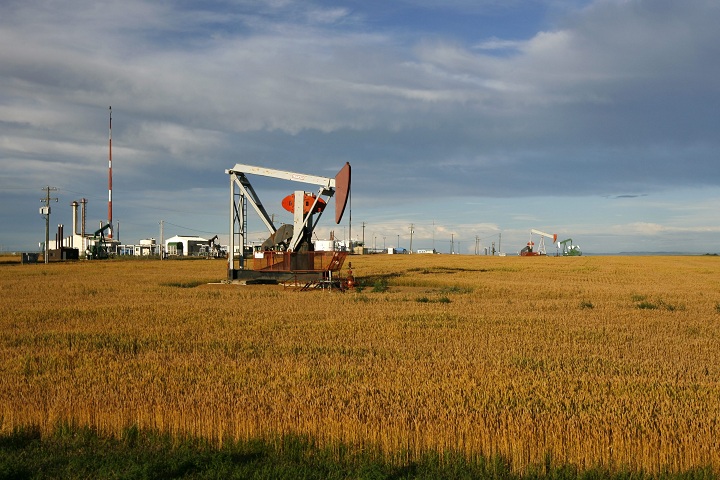LITTLE BUFFALO, Alta. – Crews were digging up muskeg and pumping out contaminated waste water Tuesday in an effort to clean up a pipeline spill in northern Alberta near several aboriginal communities.

“Our focus right now is on aggressive action to contain, collect and mitigate the effects of the release,” said Greg Moffatt of Calgary-based PennWest Exploration, which owns the pipeline near Little Buffalo.
Initial reports last week that the spill involved 5,000 litres of oil were expanded when the company realized up to 600,000 litres of what is known as “produced water” had also escaped.
Moffatt said the first estimate was based on a quick visual inspection.
“We notified the regulator based on what we could visually see at the site,” he said. “As soon as our environmental crews were onsite and started testing, we quickly realized we were dealing with produced water.”
Such water is salty and mineral-laden and often comes out from oil and natural gas wells.
Moffatt said the 1.8-hectare spill site has been sealed off.
Extremely high salinity levels around the spill taper off to well below reference standards within about one kilometre, he said.
“We’ve contained the site to mitigate the produced water flow.
No waterways have been affected.”
- B.C. introduces legislation recognizing Haida Gwaii Indigenous title
- Whale experts confident B.C. orca calf will survive, find family if rescue plan succeeds
- Plastic production cap still contentious as Ottawa set to host treaty talks
- Chemical plant shuts down after high benzene levels detected near Ontario First Nation
About 30 workers are cleaning up the mess.
About 220,000 litres of water have been pumped out into a massive storage tank that has been built on site. That water will be treated and released, said Moffatt.
Contaminated soil is also being dug out and replaced.
Moffatt couldn’t say how long the pipeline was leaking before it was discovered or how old the line is. It normally carries 97 per cent produced water.
Seven aboriginal bands have been affected. Moffatt said PennWest has been providing regular updates – most recently Monday night.
The First Nations say they are concerned because they use the area for traditional purposes such as hunting and trapping.

Comments